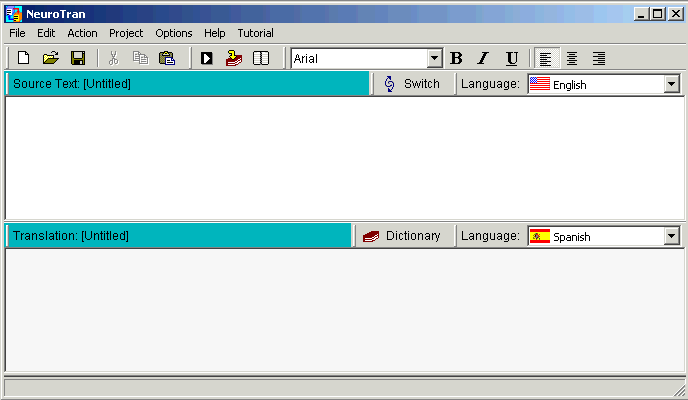

It's somewhat similar to "I'm stuffed" or "My eyes were bigger than my stomach," but wouldn't apply if you were referring to a savory dinner. The Spanish language has one verb to illustrate the unpleasant feeling after eating too much of something sweet. Why a handkerchief? For a Spaniard, a handkerchief is something small enough to tuck in your pocket - and with only four corners to explore, there’s always a chance you’ll run into someone. When you run into someone you don’t expect, the world isn’t just small, it’s un pañuelo - a handkerchief.

Most simply, it describes “the father/mother of one’s son/daughter-in-law.” This can make translation between the two languages challenging when a concise statement in Spanish like “That’s John he is my consuegro” becomes “That’s John he’s the father of my son/daughter-in-law.” #5 ¡El mundo es un pañuelo! “I stayed like a stone when I saw the car crash.” #4 Consuegro, consuegraĮxplaining consuegro and consuegra in English requires multiple words and considerable mental calculation on the part of the translator. Quedarse de piedra literally translates as “to stay like a stone.” For example, in order to say “I froze when I saw the car crash in front of me,” a Spanish speaker might say me quedé de piedra cuando vi el accidente de coche. Hispanophones use this expression to describe when someone is stunned or frozen from shock. Ojo is the Spanish word for “eye.” But look out! In certain contexts, it can mean “Watch yourself, because I’m watching you!” #3 Quedarse de piedra


 0 kommentar(er)
0 kommentar(er)
